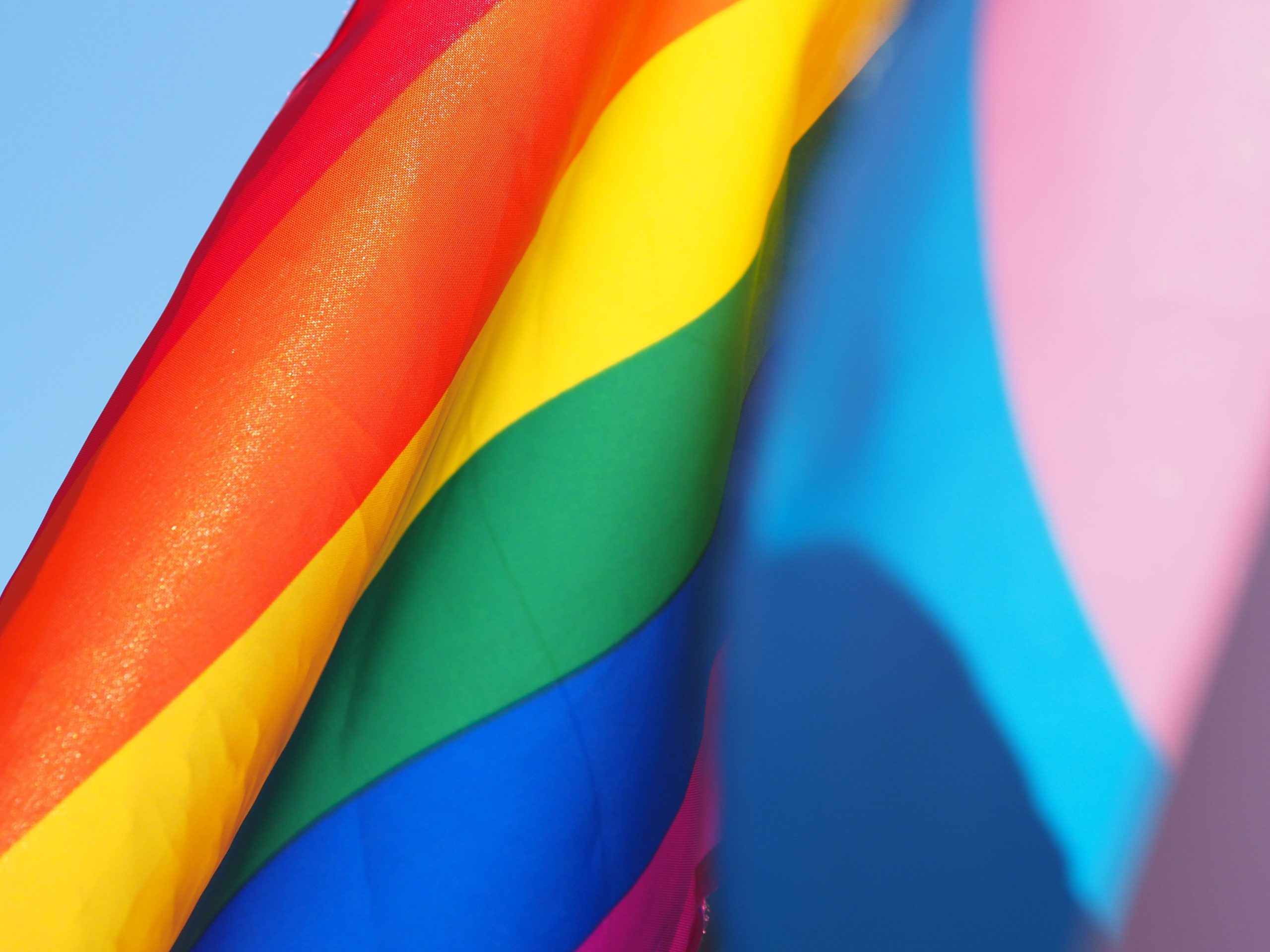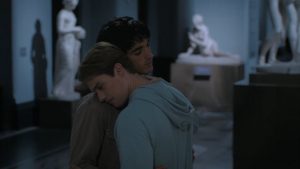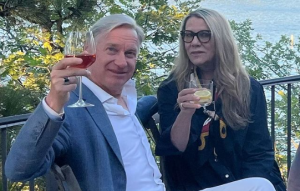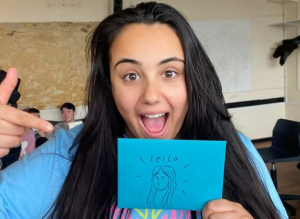In a landmark decision, the Supreme Court on September 6, 2018, struck down a 19th century law that criminalised homosexuality in India.
The bench consisting of chief justice Dipak Misra and justices DY Chandrachud, AM Khanwilkar, Indu Malhotra, and Rohinton Fali Nariman unanimously ruled that homosexuality is no longer a crime in India.
It added that the members of Lesbian, Gay, Bisexual, Transgender and Queer (LGBTQ) community have the same sexual rights as any other citizen.
Here’s a timeline of the colonial era law:
1861
The Section 377 was introduced by the British in 1861, on the lines of the Buggery Act of 1533. It criminalised sexual activities “against the order of nature”, including homosexual activities.
It said: “Unnatural offences—Whoever voluntarily has carnal inter course against the order of nature with any man, woman or animal, shall be punished with imprisonment for life, or with imprisonment of either description for a term which may extend to ten years, and shall also be liable to fine.”
1994
While Britain decriminalised homosexuality in 1967, the Section 377 of the Indian Penal Code was not challenged until 1994.
In 1994, AIDS Bhedbhav Virodhi Andolan (ABVA), an organisation fighting discrimination against those affected by HIV or AIDS, filed a petition in the Delhi High Court challenging the section’s constitutionality and also called for its repeal. The petition got dismissed as ABVA failed to follow through.
2001
The Naz India Foundation, working for the sexual health of gay men, filed a public interest litigation to challenge the Section 377 in 2001.
2004
The Delhi HC dismissed the PIL filed by the Naz India Foundation in 2004 due to lack of a cause of action. It added that purely academic issues cannot not be examined by the court.
A review petition filed by the foundation a few months later was also dismissed by the court.
2006
The foundation filed a special leave petition and the SC reinstated it in the Delhi HC, citing it as an issue of public interest. Later, a coalition of NGOs joined the petition, while Ministry of Home Affairs filed an affidavit against the decriminalisation of homosexuality.
2008
The Centre asked for more time to finalise its position as home and health ministries took opposite stands. While the home ministry believed that the Section 377 of the IPC will keep a check on sexual crimes against minors, animals, the health ministry argued that the criminalisation clause will prevent AIDS programmes from reaching this minority — (Pls clarify, which minority).
2009
The Delhi HC decriminalised consensual homosexual practices.
2010
Several religious groups challenged the verdict in the SC.
2013
The apex court overturned the Delhi HC’s judgment, saying section 377 “does not suffer from the vice of unconstitutionality and the declaration made by the division bench of the HC is legally unsustainable.”
2016
In June 2016, a writ petition challenging section 377 was filed in the apex court by Navtej Singh Johar, an award-winning Bharatanatyam dancer, along with four other high-profile Indians, including chef Ritu Dalmia and hotelier Aman Nath.
2017
The SC bench hearing petitions against India’s biometric programme Aadhaar ruled privacy as a fundamental right. The court added: “Sexual orientation is an essential attribute of privacy. Discrimination against an individual on the basis of sexual orientation is deeply offensive to the dignity and self-worth of the individual.”
2018
In April 2018, hotelier Keshav Suri filed a petition in the SC.
A five-judge bench of the SC, including then Chief Justice Dipak Misra, began hearing the petitions filed against the section in July.
The Centre asked the court to decide whether Section 377 was unconstitutional or not.
In a unanimous verdict, the SC in September decided to scrap the colonial-era law. Delivering the verdict, CJI Misra described it as “irrational, indefensible and manifestly arbitrary.”







